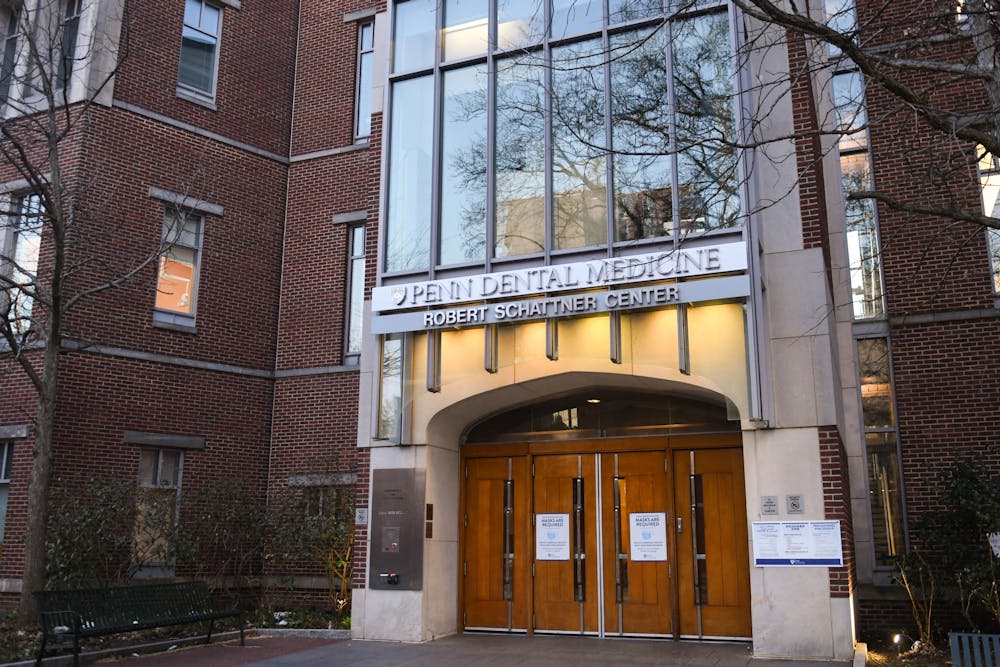
Geelsu Hwang, assistant professor in the School of Dental Medicine, has received funding from the National Institutes of Health to test a new type of bacteria-resistant dental implant.
Hwang’s project focuses on developing smart implant technology that prevents infection, addressing the most common reason for implant failure and removal. The five-year grant totals around $2.6 million, according to the Almanac news release.
Dental implants are intended to serve as long-term replacements that look and function like natural teeth. However, the accumulation of dental plaque over time can cause inflammation around the implant, which leads to peri-implant disease, according to Hwang’s lab website.
Hwang drew on his background in engineering to develop implant technology that decreases the need for removal procedures. The system relies on two innovations: a chemical compound infused into the artificial tooth and LEDs that deliver a daily phototherapy dose to nearby gum tissue. Both the compound and the emitted light have antibacterial properties that could help decrease the risk of an infection spreading around the implant.
In 2021, Hwang and a team of researchers published a paper exploring the potential of barium titanate as an implantable biomaterial. They found that the material was effective at repelling bacteria over a sustained period of time.
“We wanted an implant material that could resist bacterial growth for a long time because bacterial challenges are not a one-time threat,” Hwang told Penn Today.
The NIH grant will fund tests of the new technology on human tissue samples and live minipigs, with the eventual goal of using it in human clinical trials.
“This is a very ambitious project, but we believe it represents a new paradigm for implant technology and for oral health care in general,” Hwang said in the news release.
The Daily Pennsylvanian is an independent, student-run newspaper. Please consider making a donation to support the coverage that shapes the University. Your generosity ensures a future of strong journalism at Penn.
Donate






